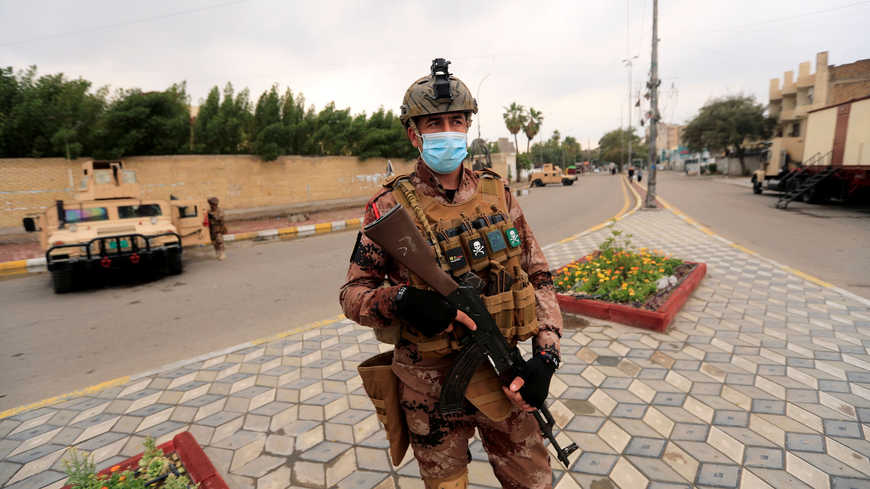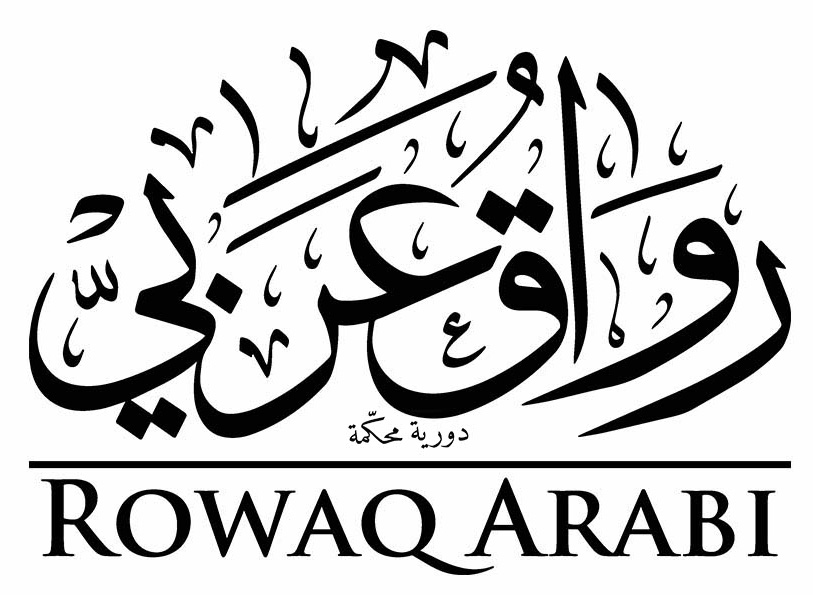Call for Contributions: The Influence of Covid-19 on the Already Vulnerable Rights and Freedoms in the MENA Region

Although it may seem early to engage in debates about the influence of Covid-19 on governance, democracy, rights and freedoms; observers and experts have already begun arguing in opposite directions. There are indeed indicators showing that governments are becoming more authoritarian while fighting against the pandemic; ‘established democracies’ are no exception. Other indicators show a potentially positive influence of Covid-19 on governance and rights; after a long absence from political agendas, social welfare issues – particularly healthcare- have made a come-back as top priorities in public debates. Nevertheless, taking a dichotomic approach when forecasting a post-Covid-19 world will be counterproductive; a more nuanced approach accounting for the positive and negative ramifications of Covid-19 on governance and freedoms is vital to effectively responding to the unprecedented crisis we all find ourselves in.
If rights and freedoms are indeed at risk in ‘established democracies’, then they are most certainly in grave danger under the authoritarian governments in the Middle East and North Africa, where human rights violations were already an established ‘norm’ in the pre-pandemic world. Uprisings have been ongoing in the region since 2010, in the form of protracted, multifaceted struggles against autocrats, mildly put, or war criminals in some cases. Without falling into a dichotomic trap, there is an urgent need to assess what governance may look like in such a troubled region based on the new realities the world is facing.
Rowaq Arabi, an electronic magazine specialised in human rights studies in the Middle East and North Africa, is calling for contributions addressing these issues, under the theme of ‘The Influence of Covid-19 on the Already Vulnerable Rights and Freedoms in the MENA Region’. Submissions, which include Studies, Views, and Book Reviews, are accepted from now until the 31st of August 2020 in Arabic or English. Abstracts, a maximum of 150 words, along with a recent list of previously published articles are to be sent to [email protected]. Contributors with no previous publications are welcome and encouraged to send complete articles. Once published, authors will be financially compensated for their contributions.
Rowaq Arabi suggests the following sub-topics for contributors while welcoming other suggestions relevant to the main theme of this call:
- How does the current crisis inform ongoing debates and discourses on the relationship between civil and political rights and economic and social rights?
- How does Covid-19 crisis management in the MENA region unfold the practical meaning and consequences of the interdependence and indivisibility of civil, political, economic and social rights? And to what extent can the realisation of civil and political rights contribute to the efficacy of states’ responses to the crisis?
- What are the human rights implications of the ‘state of exception or emergency’ and security measures taken on national levels for the expressed purpose of confronting the outbreak?
- Authoritarian governments in the MENA region have long claimed to prioritise social and economic rights and the right to development over civil and political rights. How do we evaluate the impact of NGOs focused on social and economic rights in their responses to the Covid-19 crisis?
- How will states’ reactions to the pandemic potentially affect the global human rights system and the cohesion of international and regional intergovernmental organisations?
- How has the virus’s outbreak impacted the human rights conditions of prisoners, political detainees and certain vulnerable groups such as women, migrants, asylum seekers and LGBTI communities? What measures have been taken by states and international governmental organisations to address the needs of these vulnerable groups?
- How has the struggle against the pandemic been used as a pretext for restricting digital rights and internet privacy?
- In which ways did the pandemic affect socio-economic and political protests in countries like Lebanon, Iraq and Algeria? What are the implications of this crisis in regards to the transitional trajectory in Sudan? And what are the implications for long-running armed conflicts in the region in countries such as Syria, Yemen and Libya?
To read more about Rowaq Arabi, its history in print since 1996 and its ongoing online transition, in addition to our publication guidelines, please refer to this link.
Read this post in: العربية

